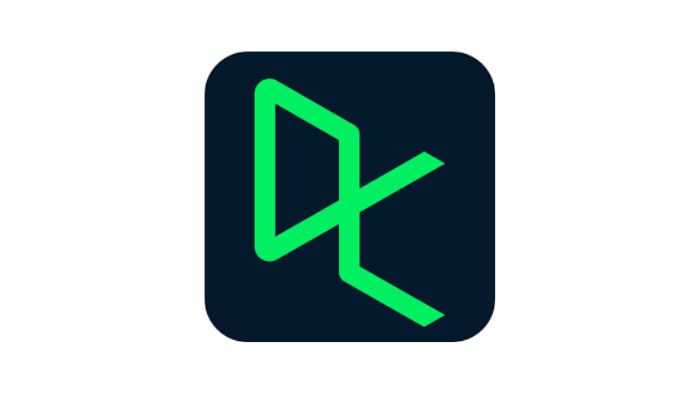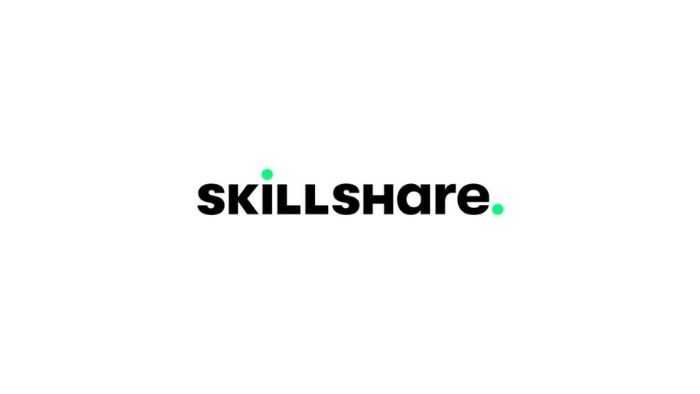
When you buy through links on our site, we may earn a commission at no extra cost to you. However, this does not influence our evaluations.
edX has 110 million enrolments and offers over 3,500 courses from world leading institutions like MIT, Harvard, Berkeley and Oxford.
edX was designed to make the very best education accessible to all through online learning. With thousands of courses from the world’s most prestigious universities edX has solidified itself as a tour de force in eLearning.
But is edX worth it? What are the best edX courses? And is edX actually free?
These are some of the questions I’ll answer in this edX review, having spent the last several weeks on an edX deep dive.
Let’s get started.
.
Quick summary
Features
- 3,500+ courses
- 30+ categories including computer science, chemistry and arts and craft
- Prestigious partner institutions and universities including Harvard, Yale and MIT
- Classes that feature in Class Central’s 100 Best Online Courses list
- Teaching from award winning academics from the world’s best universities, many of whom hold Nobel Prizes
- The chance to subscribe to individual courses for free, and upgrade to a paid certificate
Pros
- Thousands of free classes
- You can chose to pay a low fee to receive a certificate
- The chance for certification from leading institutions
- Classes are extremely comprehensive and taught with an impressive mix of audio, visual and textual teaching styles
- Wide range of topics and resources
- Instructors from world class institutions who know what they’re doing
- Courses are well organized and structured
- The opportunity for participation
Cons
- Courses vary in quality
- Not the only platform of its kind (but certainly the platform with the most prestigious universities)
Best for: Anyone who is serious about learning and wants to learn from the best.
Cost: Check latest prices for edX
Overall: edX has changed the world of online education forever. With a plethora of courses, support from the world’s top universities and colleges, and content that doesn’t cost a cent, it truly seems that edX is the future of learning. They provide free and open access courses so anyone can learn, and you have the option to pay what is actually a very low cost for prestigious certifications.
Here’s what you can expect from this review:
- An overview of what edX is and how it works
- edX costs, free trial and refunds
- The best edX classes
- How edX works for businesses
- What I liked about edX and thought could be improved
- Who edX is for and how to get the most out of it
- edX alternatives
- What others have said
- An overall evaluation of whether edX is worth it
Let’s go!
What is edX?

edX was founded in 2012 by scientists from MIT and Harvard with a commitment to increasing education for everyone, anywhere.
Stanford joined the party in 2013, at which stage edX became an open-source of learning.
edX now has 35 million users, with 15,000 instructors and 160 partner institutions.
They have continued to provide online courses to eager learners across the world and developed new initiatives like MicroBachelors and Boot Camps for those who want to focus on their learning.
Other major universities like Oxford, Cambridge, the LSE, Yale and many, many more work with edX to provide high-quality online education.
Who are the instructors?

Whatever discipline you’re interested in, it’s always ideal to learn from the best. This is something edX prides itself on and why it has partnered with such prestigious universities and institutions of higher learning.
But what does this actually mean?
Well, having these kinds of partnerships results in your courses being led by the faculty of these leading colleges.
These are leaders in their field who know exactly what they are talking about and also have years of experience in actually delivering their content, which is just as important.
Academics teaching these courses not only have the distinction of working at top-flight universities. They also often recipients of their disciplines most impressive accolades; it isn’t rare to have a Nobel Prize winner teaching your course.
How does edX work?

Many of edX’s offerings are free. However, you can upgrade to the Verified Track, where you will receive a certificate for all your hard work. To sign up for a course, simply click on the enroll tab and you have access to every lesson and resource.
You’ll be taken to a page that will ask you to select either the Free Audit or Verified Track. Select which one you would prefer; you can upgrade any time.
Rather than a subscription service, you pay for each course individually. You’ll receive a selection of video, audio and text lessons that you can access at any time.
Courses will also normally include assignments. You’ll only need to complete this for some Verified Track courses if you want a certificate.
edX also offers several programs, including:
- Boot Camps: Focused on hands-on technical teaching.
- Executive Education: For aspiring business leaders.
- MicroMasters and MicroBachelors: Readily accessible quality-level education.
- Professional Education: For those who are looking for more formal credentials.
These programmes often cost around the same as the Verified Track course but can go up to $1,000 to $3,000. They will typically include one or several individual courses and often go into more depth.
edX courses cover an incredible variety of disciplines, including:
- Art
- Biology
- Business
- Chemistry
- Computer Science
- Economics
- Engineering
- History
- Law
- Literature
- Math
- Music
- Philosophy
- Physics
- Social Science
And don’t forget you’ll be taught by instructors from the likes of Harvard, Yale, Stanford and MIT. So your certificate will carry a lot of weight.


